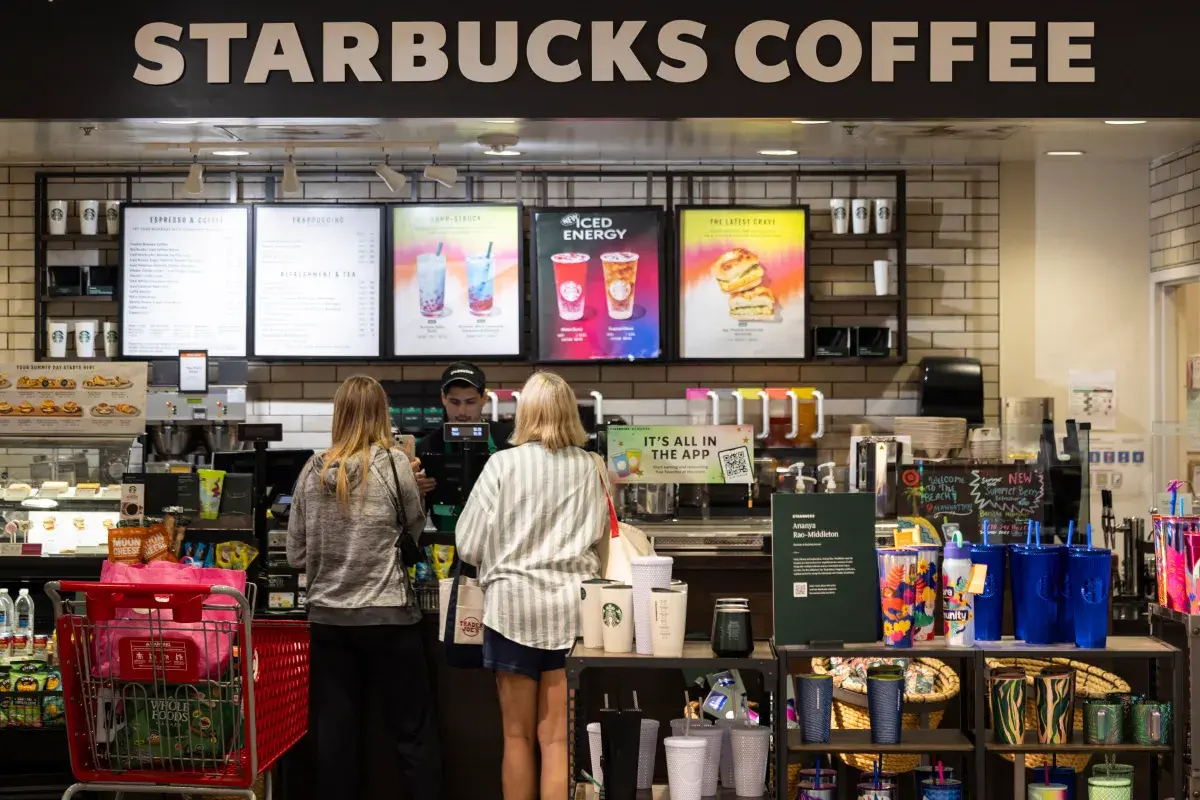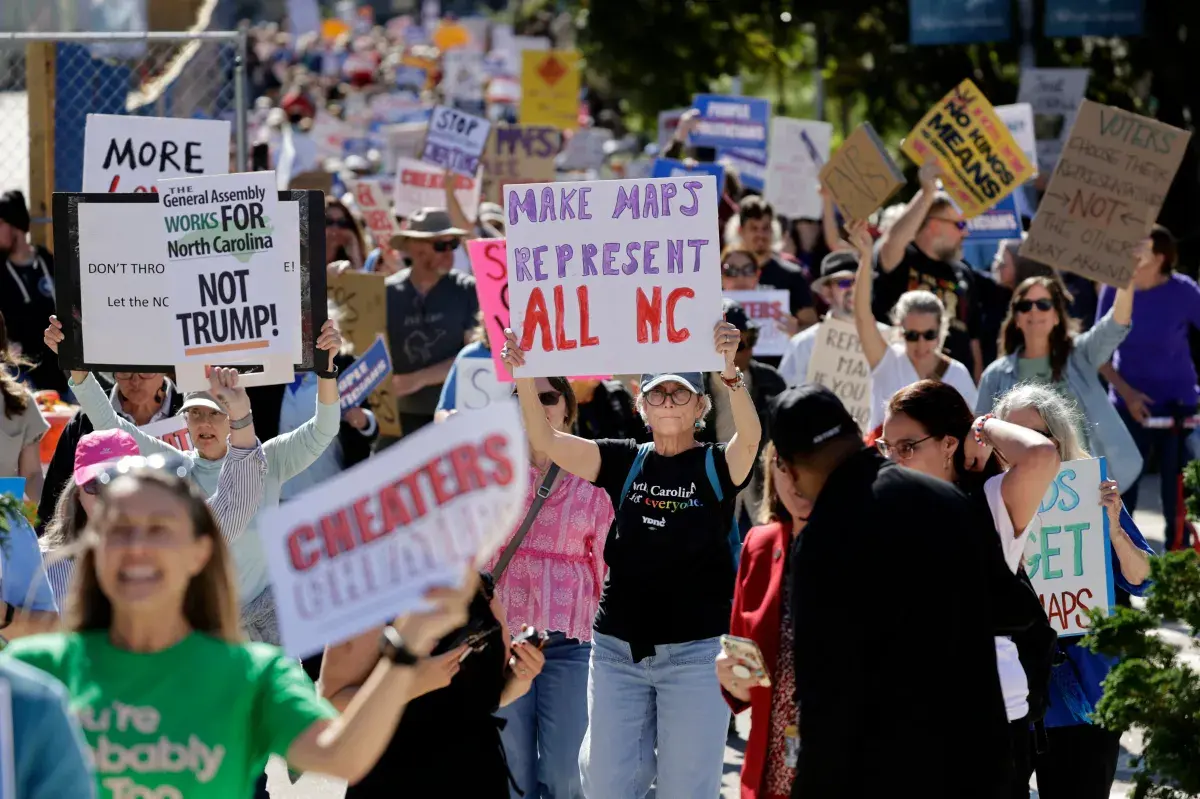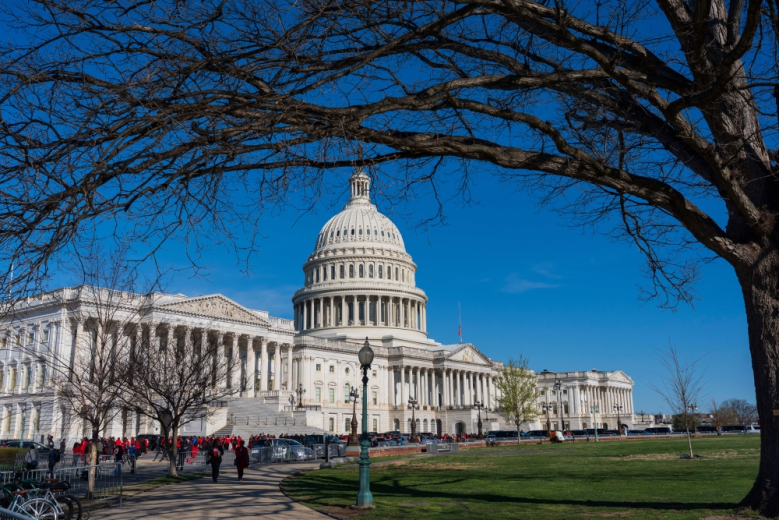Copyright Newsweek

Young people hoping to become homeowners any time soon should “stop buying Starbucks coffee,” according to Pamela Liebman, president and CEO of luxury international real estate company The Corcoran Group. The 63-year-old, who joined Corcoran as an agent when she was 23 years old, offered her advice to millennials and Gen Zers in a recent interview with Fortune. “Stop spending money on things that are not necessary. It’s tremendous how fast that little nest egg can add up,” she said. Her comments tap into those same clichés that have been used to deride millennials for the past decade as the generation has struggled to reach key life milestones amid a series of financial recession in their formative years. Gen Zers, who started reaching homebuying age in the midst of the COVID-19 pandemic, are now facing the same treatment. “If you look at people who are taking an Uber instead of the subway, they’re buying their coffee, they’re buying their breakfast out, they’re spending money on things that are not necessary, they’re going out with their friends three nights a week, spending money on alcohol, food,” Liebman said. “These things definitely start adding up. The subway is definitely cheaper than an Uber.” Newsweek has contacted Liebman and Starbucks for comment by email on Monday morning. How Many Young Americans Are Homeowners? Compared to past generations at the same age, millennials and Gen Zers have been struggling to buy homes due to ongoing affordability challenges, which mainly stem from sky-high prices to elevated borrowing costs. Fewer Americans under the age of 35 today own a home compared to baby boomers at the same age. In addition, the age of first-time buyers, at 38, is older than it has been since at least the 1980s, according to the National Association of Realtors (NAR). The typical U.S. buyer’s age is also at a record high, having reached 61 this year—up from 58 in 2024. And generally, less Americans are stepping onto the property ladder. In 2024, according to NAR, there were a little more than 1.1 million first-time homebuyers in the country. Why Are Young People Struggling to Buy Homes? Is Starbucks Really The Problem? The younger generations came of age at a difficult time. The subprime mortgage crisis and the Great Recession that followed hit millennials in their formative years; many Gen Zers entered the workforce at the peak of the pandemic. On top of these challenges, homebuying has become increasingly unaffordable for Americans of all ages. Home prices skyrocketed during the pandemic when historically low mortgage rates sparked a homebuying frenzy that clashed against a chronic lack of inventory across the country. Despite a recent growth in inventory, home prices in much of the country remain far above their pandemic levels. Even in some areas of the Sun Belt, which have seen a starker correction over the past few years, prices are nearly double what they were in 2019. Borrowing costs are now more than twice as high as the pandemic lows, despite recent improvement in affordability. Mortgage rates shot up in 2022 following the Federal Reserve’s aggressive rate-hiking campaign to combat the rise of inflation, and for the past three years they have remained between 6 and 7 percent. On top of that, other housing costs have risen massively in the past five years: property tax bills, which are linked to home values, rose in nearly every major U.S. metropolitan area since 2019, according to a 2024 Redfin report. Homeowner insurance premiums, fueled by climate change and higher home values, have shot up by 70 percent since 2021, according to a recent study by data analytics company J.D. Power. What About What Liebman Is Saying? Millennials and Gen Zers are often blamed for their own financial shortfalls, with a particular scrutiny put on leisurely expenses often involving avocado toasts, Pumpkin Spice lattes, Labubus, Jellycats, and whatever the latest TikTok craze compels users to buy. It is true that young people, especially Gen Zers, are putting traditional life milestones aside to chase other objectives, including putting unique, real-life experiences like concerts and trips over products. But recent surveys show that, unlike Liebman suggested, young people are aware that, if they want to buy a home in the current economy, they need to save every cent they can. A recent survey by Bank of America found that 64 percent of Gen Zers and 73 percent of millennials had cut back on expenses in the last 12 months to improve their financial health in the face of rising costs. Among Gen Zers, 23 percent cut back on dining out, 41 percent started shopping in cheaper stores, and 12 percent picked up a side hustle. Companies like Starbucks are actually facing the consequences of this withdrawal from U.S. buyers, young and old. The coffee chain reported quarterly revenue of $9.57 billion in September, which was stronger than expected against the $9.35 billion that was originally projected. However, Starbucks' earnings per share (EPS) were weaker than expected at 52 cents per share compared to the 56 cents per share that was forecasted by analysts. While its global same-store sales rose 1 percent, its U.S. same-store sales were flat for the quarter, though they turned positive in September.



